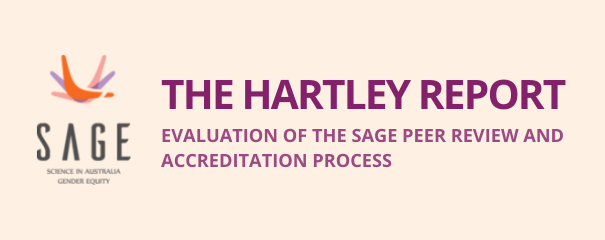Frequency and timing of review
SAGE endeavours to build a large pool with multiple reviewers for each area of expertise to avoid overburdening individual reviewers.
When inviting reviewers to review applications, SAGE will aim to provide at least 4 weeks’ notice. Reviewers can decline to participate if the timing does not suit or there are conflicts of interest.
Institutions can only submit Athena Swan Award applications on 31 March and 30 September each year. Athena Swan Award reviewers will usually be asked to review 3 to 5 applications in one round. Each Athena Swan Award application requires approximately 5 hours to review, including the assessment meeting, making a total commitment of approximately 15–20 hours in an assessment round.
There are three Cygnet Award submission rounds each year on 28 February, 30 June and 31 October. Organisations may submit earlier, but their application will not be assessed before those dates. Each reviewer will assess up to six Cygnet applications a year. Each Cygnet application requires approximately 2 hours to review, but may take up to 6 hours if revisions are required.
Reviewers can withdraw from the pool or update their details at any time by contacting the SAGE team.
Training sessions
When you are first accepted as a reviewer, you will undergo reviewer training, which takes around 5 hours, plus an additional 1-hour session for Chairs. The training is a combination of self-paced online modules and live workshops/meetings, which take place online.
Existing reviewers undergo regular refresher training.
Workload recognition
All reviewers are participating on a voluntary basis. SAGE does not determine workload allocation for reviewers. However, we strongly encourage organisations to recognise and reward their members’ contributions to SAGE peer review as part of their workload allocation process, given the importance of this work in assuring the quality of gender equity, diversity and inclusion initiatives across the sector.



